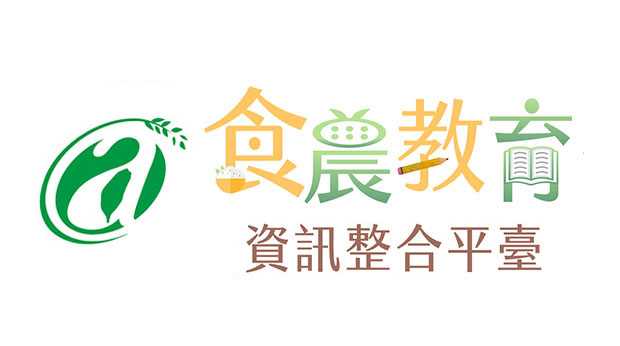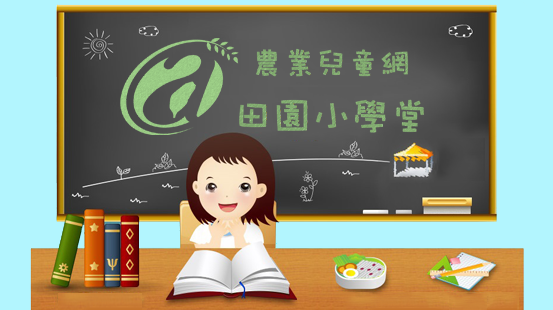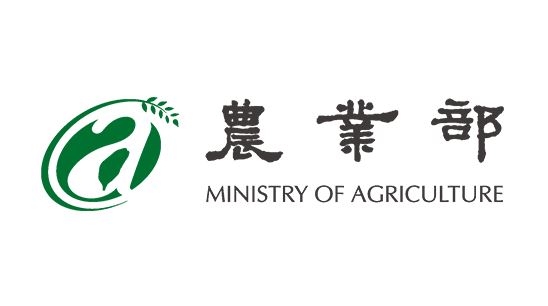The opportunities and challenges of circular agriculture in Taiwan
Changes from the consumer side towards a healthier and less-meat diet and from the production side to reduce environmental pressures are urgently needed in response to the continuous growing population and concerns of unsustainable agricultural practices. Circular agriculture (CA) can be a technology measure for keeping the food system within environmental limits. Although the concepts, definition and principles of CA are various and might not be able to directly transfer from the concepts of circular economy (CE), some principles and strategies from CE can be quite useful after adapted. Narrowing, closing and regenerating are the three main strategy aspects, which aims for optimizing the use of resources, reusing agricultural materials and preserving and enhancing natural capital, respectively. However, all the existing indicators of evaluating the effect of the strategies have their own strength and weakness. Therefore, the effect of a CA practice needs to be evaluated using multiple indicators that cover different aspects. National meta-analyses summarizing the existing CA experiments will be needed for evaluating and presenting the geographical, climatical, and agronomical variances to allow policy makers to interpret and make relevant decision easily. Within all the technical strategies to improve CA, the reuse of biomaterials (food wastes, plant residuals, and animal manures), either as biofuel, biofertilizers or the feedstock of biochar, has great potential to both closing the nutrient loop and enhancing soil health. However, as these biomaterials are not standardized, the nutrient balance (both macroand micro-nutrients), toxic element contents in the materials and their following effects on soil properties, crop nutrition and environment highly depend on their sources, the processing methods and the application methods, of which careful and comprehensive evolution is required. In Taiwan, except for cereal crops, most of the vegetables, fruits, eggs and meat are produced locally, which make the implementation of mixed crop-livestock strategy more possible. The re-utilizing livestock manure can be therefore the most promising approach to improve the sustainability and circularity of agriculture in Taiwan. However, evaluating and tracking data of quantifying the reduced application of artificial fertilizers, especially those dominantly imported, driven by the application of organic fertilizers from different sources, and their further impact on soil and crop nutrition is currently lacking. This makes it difficult to strategically evaluate the impact of the sources and types of organic fertilizers and, in turn, difficult to adjust and improve the systems. Relevant investigation and national meta-analyses of the effect of different approaches and the use of different biomaterials will be most required and challenging.
知識樹分類
消費者知識庫 > 農藝類
消費者知識庫 > 園藝類
消費者知識庫 > 環境生態類
相關檔案下載
- 農民輔導與推廣服務- 臺灣蠶蜂昆蟲教育園區榮獲112 年度環境教育設施場所評鑑優異獎113/11/20
- 農業淨零碳排- 地被植物對增加果園土壤固碳之應用研究113/11/20
- 農業生態與國土綠色網絡- 苗栗縣西湖鄉文旦產區長期生態調查113/11/20
- 土壤肥料與農業機械-促進瓜果類作物抗逆境複方微生物堆肥之研發113/11/20
- 生物防治與植物保護研發應用-開發草莓潛伏性病害檢測技術及導入抗感病快篩技術於耐病育種113/11/20
- 作物改良、栽培技術及產品研發-抗白葉枯病水稻品種- 苗栗3 號113/11/20
- 蠶蜂及生物技術研發-二化性家蠶種原延長冷藏保存關鍵技術之研究113/11/20
- 運用智慧化茶園管理及新型加工製茶技術 以「臺灣製造,品質第一」為目標攜手開創新局113/11/18
- 設施蘆筍智慧栽培數位服務平台及智慧藥肥施作系統觀摩會113/11/18
- 臺南區農情月刊341期-推動 友善栽培技術 保育 水雉生態環境 菱角友善栽培管理技術示範觀摩會113/11/15






